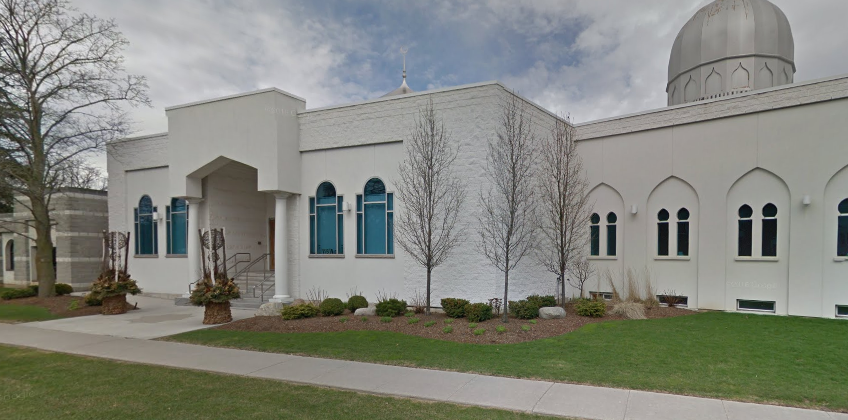Just weeks after London’s Christian and Jewish communities were tasked with finding unique ways to mark major religious holidays, the local Muslim community is facing a similar — though longer — challenge.

The first day of Ramadan begins Friday, continuing until Saturday, May 23.
“In a typical Ramadan day, the basics of it is fasting — so no food, no water from sunrise to sunset,” Liver Care Canada CEO and president Kareem Rageb told Global News.
“That period of time is a time of reflection and self-discipline. It’s a time of reflecting on things that you’re grateful for as well as reflecting on your own self-improvement and your own community improvement.”
Rageb stressed that the community aspect of Ramadan is extremely important and also presents challenges amid the novel coronavirus pandemic.
“Food is one of those things that nobody likes to do it alone, typically, and Ramadan is even moreso, so you get extra reward, in a sense, if you have a lot of people over and you’re helping them all break their fast.
“It’s a time of tremendous social gatherings and lots of physical contact, normally.”
In an interview with Global News on April 10, outreach coordinator with the London Muslim Mosque Ali Chahbar said that “as much as possible is being done to make the best of this month” with extensive online programming on offer.
“The late night prayers are optional, they’re not an obligation, and since they’re optional there are also going to be virtual prayers,” Chahbar explained.

Get weekly health news
“The obligatory prayers have to be done physically in the homes amongst family members and what have you. The optional ones, which is called Taraweeh, because they are optional they can be done virtually and so they can follow along with those and then recite the prayers from the comfort of their own homes on a virtual level.”
Rageb added that he is so grateful for modern technologically, noting “if this happened 20 years ago we’d be in a lot of trouble — a lot more trouble, I could say — because there’s not as much ways to connect.”
“There’s kids programs, there’s youth programs, there’s adult programs,” said Rageb.
“We’re really blessed in London because all faiths and all cultural presence is happening virtually whether it’s through the churches, the mosques, or the synagogues. We’re very blessed in London to have such a strong community and faith presence.”
Rageb also highlighted that charitable acts are also always an important part of Ramadan, but with the novel coronavirus pandemic increasing food insecurity, the community is finding new ways to feed others.
“We’re encouraging the community — and they’ve been very responsive — to donate to food banks so that if we can’t have people over to feed them, don’t lose the reward of feeding people that do need it, which is a normal activity for us,” he said.
“We get very charitable in that month anyway, but it’s moreso needed now because you can’t even donate food because of physical touch restrictions so you have to really support the organizations that are licensed to do that.”
While physical gatherings are impacted by the pandemic, Rageb added that the change allows for greater focus on the “main component of faith practices in general, which is the personal commitment to the faith component, the spiritual part, the reflecting and the self-discipline part and then everything else has been resorted to in a virtual context.”










Comments
Want to discuss? Please read our Commenting Policy first.